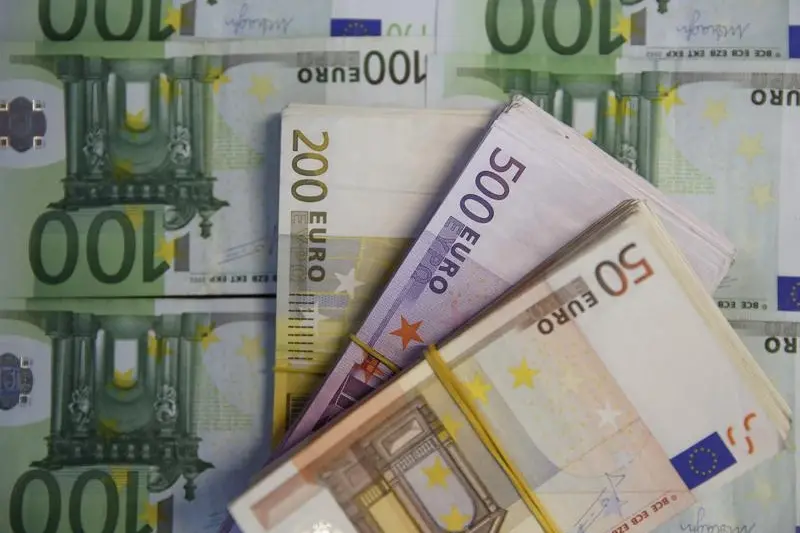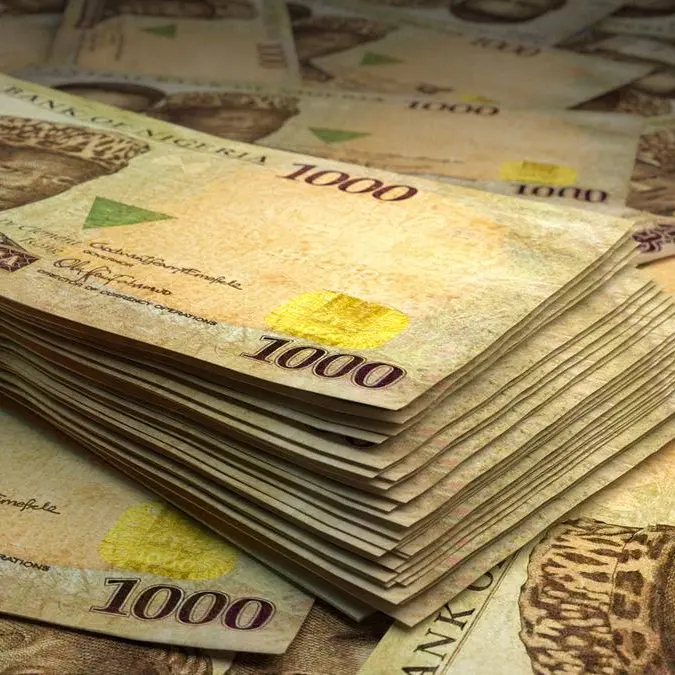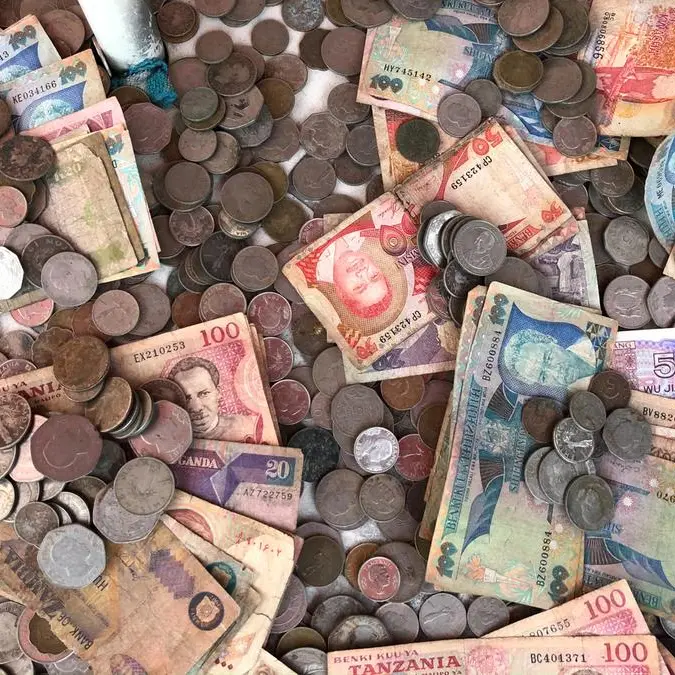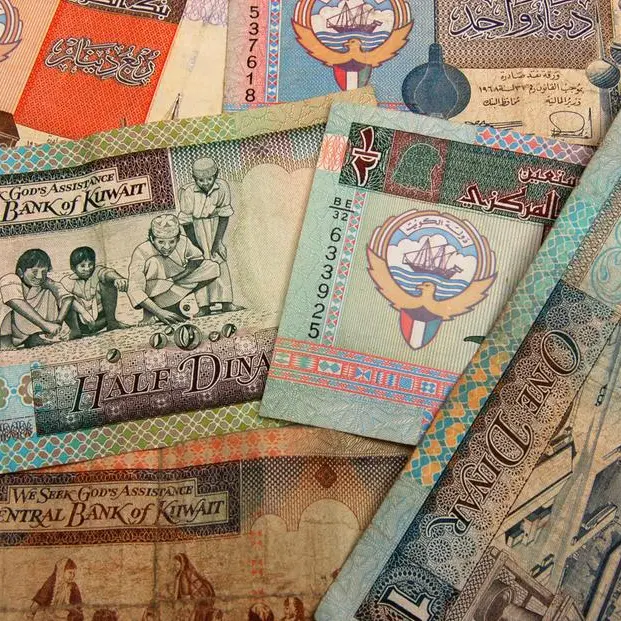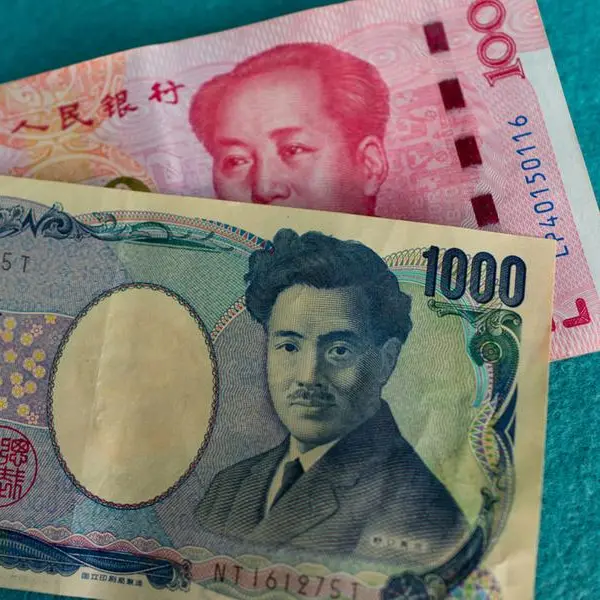PHOTO
LONDON - Euro zone bond yields edged lower on Thursday after news that China is considering more economic support fuelled optimism over a broad-based easing in financial conditions.
Meanwhile, investors now attached a roughly 60% chance to an interest rate cut next month by the European Central Bank , having almost ruled out such a move last week, as weak European business activity survey, a downbeat German business morale report and a fall in U.S. consumer confidence added momentum to bets in the previous session.
"Risk sentiment is strengthening this morning due to rumours of an additional $142-billion injection from Chinese authorities into the banking system," Danske Bank analysts said in a client note.
Germany's 10-year bond yield, the benchmark for the euro zone bloc, fell 1.6 basis points to 2.17% after rising as much as 2.192% on Wednesday. Yields move inversely to prices.
Italy's 10-year yield declined 3.9 bps to 3.5% and the gap between Italian and German yields stood at 132.4 bps.
Germany's two-year bond yield, which is sensitive to ECB rate expectations, was down 2 bps at 2.114%. "Speeches by top ECB officials are the wild card in the EGB space today, considering mounting rate-cut assumptions in the euro zone in recent days. Aside from this, we might just see a repetition of yesterday's lacklustre activity in EGBs, with directional trading only starting to revive with tomorrow's inflation releases out of France and Spain," analysts at UniCredit wrote in a note to clients.
More inflation data at the beginning of next week will provide a clearer idea as to whether the ECB will cut rates on Oct. 17, they said.
The ECB has cut rates by 25 basis points twice this year.
Investors have been keeping a close eye on French yields which on Tuesday rose above Spain's for the first time since 2008 due to concern about the new government's ability to tackle the budget deficit.
The gap between French and German 10-year yields was last at 78.3 bps, from around 70 bps two weeks ago. It reached its widest since 2012 beyond 85 bps during France's parliamentary elections.
(Reporting by Linda Pasquini; Editing by Christopher Cushing)
